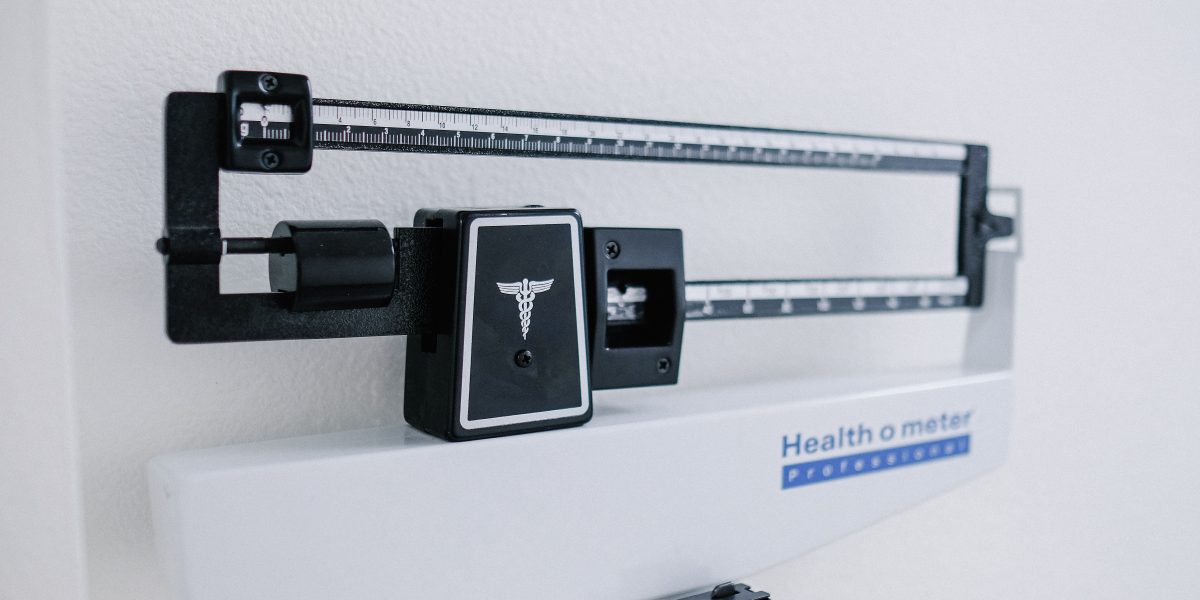- HealthyW8 is part of the European Commission’s Horizon Europe program and aims to develop early detection initiatives through the use of technological advances that support clinical, environmental and policy decisions
- The principal researcher of the CREDA in the project, Zein Kallas, assures that “with this project what is intended is to assess what is the cost of a healthy diet and its involvement in the health interventions of people with obesity”
The Centre for Research in Agri-food Economics and Development (CREDA) is one of the participating partners of the new European project for the prevention of obesity in vulnerable stages of life. The HealthyW8 initiative, within the framework of the European Commission’s Horizon Europe program, aims to create early detection initiatives and interventions adapted to factors such as personal context, the environment, dietary preferences and digital technology, among others. In this way, HealthyW8 seeks to promote a lower risk of overweight throughout Europe by complementing clinical, environmental and policy decisions with the use of technology.
The project has as its target audience all people who are in transition stages, that is, those phases of life in which the human body presents biological changes: schoolchildren (5 – 10 years old, and their parents), young adults (18 – 25 years old) and elderly (>65 years old). To advance the development of HealthyW8, participating partners will conduct studies and analyzes on selected samples of these populations to develop a digital dietary application to facilitate a digital twin that allows interventions to be customized according to individual characteristics, behaviors and lifestyles.
Thus, CREDA’s participation in the HealthyW8 project is led by Zein Kallas, PhD in Agri-Food Economics, and it is based on “analyzing the behavior of 110 families in Catalonia with children between 7 and 12 years old through an intervention experiment of digital and technological tools to prevent obesity”. The ultimate goal of the task is to “discover what is the role played by socio-economic factors and biological markers in childhood obesity“.
For Kallas, initiatives like this “contribute to a better understanding of the drivers of this disease in childhood and the interventions of all those involved from families to the public administration”. Likewise, “with HealthyW8 we intend to assess the cost of a healthy diet and its implication in the health interventions of people with obesity“.
Currently, more than 30% of EU citizens who are in these vulnerable and transitional stages are at greater risk of going from a healthy weight to overweight, and consequently to obesity. This is a problem that according to the ‘Regional Report on Obesity 2022’ carried out by the World Health Organization (WHO) affects more than half of the adult population of the continent, and, in addition, 1 in 3 children suffer.
With HealthyW8, the European Commission intends to implement the platforms and tools necessary in the lives of those at risk as a way of prevention. Thus, in the medium term, the partners of the initiative estimate that with 200,000 users, around 10,000 cases of obesity per year can be avoided.
The initiative is led by the Luxembourg Institute of Health (Luxembourg) and has a portfolio of 23 partners from 9 countries: Germany, Bulgaria, Denmark, Luxembourg, Spain, Italy, Netherlands, Portugal and Romania. The representation of Spain is divided between the consultancy Kneia (Barcelona), the Foundation Institute of Health Research of the Balearic Islands (Palma, Mallorca), the Center for Research and Agri-Food Technology of Aragon (Zaragoza) and the CREDA (Castelldefels).

HealthyW8 has a total budget of 10.001.182€, funded by the European Union. The project, which will begin on June 1, 2023, aims to end in 2028.



